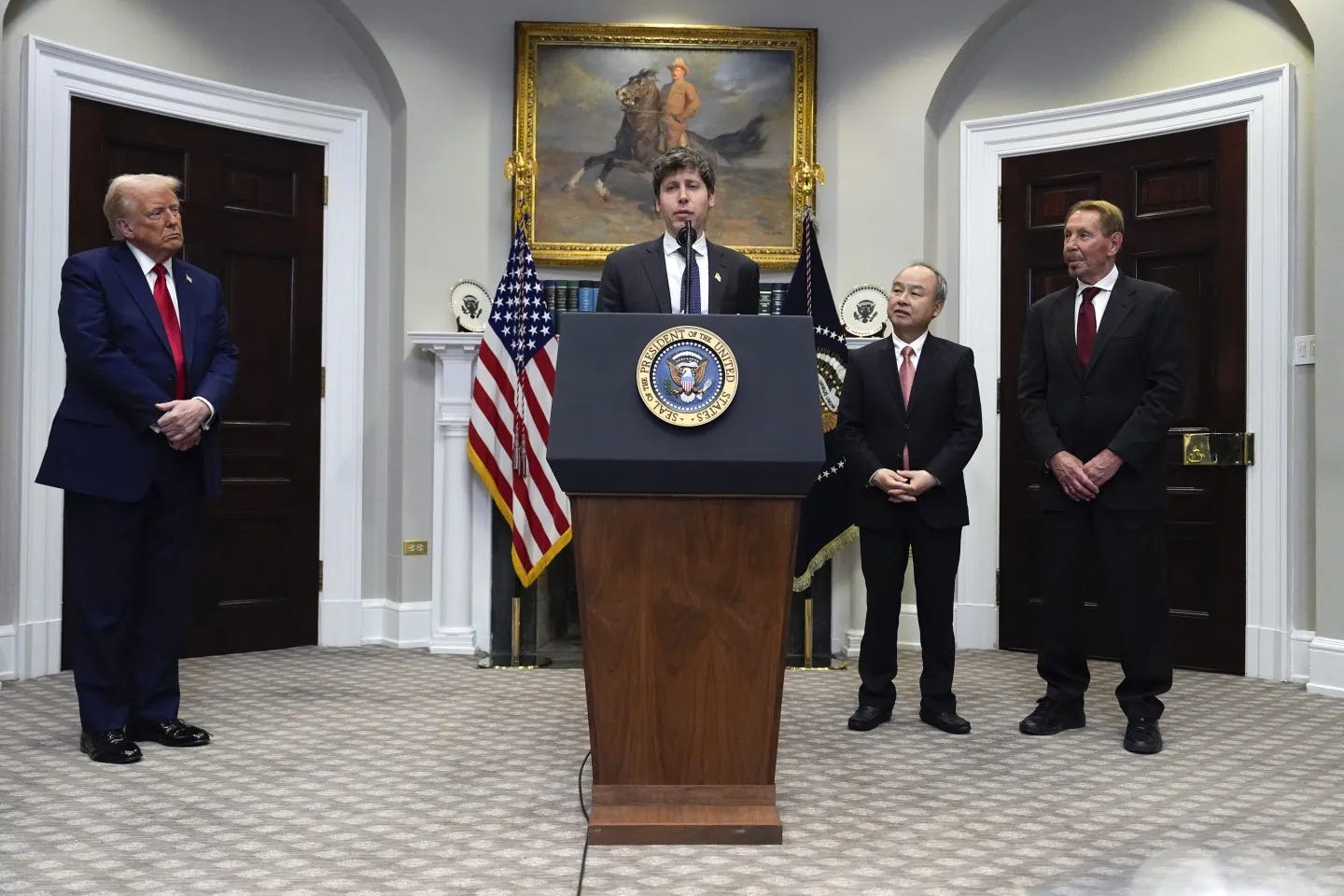DeepSeek is special and is reigniting conversations on Sovereign AI
The AI balance of power is shifting.
In a stunning turn for the global AI race, Chinese startup DeepSeek has upended Silicon Valley’s dominance with its open-source, ultra-low-cost models, triggering urgent calls for “sovereign AI” strategies in Western capitals.
The company’s latest model, DeepSeek-V3, trained for less than $6 million using 2,048 restricted Nvidia H800 GPUs, rivals OpenAI’s GPT-4o and Claude 3.5-Sonnet in performance but at 1/20th the cost—forcing a reckoning over China’s ability to innovate under U.S. sanctions.
The Silicon Valley Shockwave
Performance vs. Price: DeepSeek-V3’s math and coding prowess outperforms Meta’s Llama 3.1 and matches GPT-4o, yet its API costs are 99% cheaper than OpenAI’s offerings. This “AI price war” has left Silicon Valley scrambling, with Scale.ai’s founder admitting it’s a “bitter lesson” in efficiency.
Open-Source Disruption: Unlike OpenAI’s closed models, DeepSeek has fully open-sourced its architecture, democratizing access to cutting-edge AI. Nvidia’s Jim Fan praised its “pure reinforcement learning” approach, akin to AlphaZero’s chess mastery, as a “seminal shift” in reasoning research.
Workforce Efficiency: With just 139 researchers—90% under 35 and recruited from China’s top universities—DeepSeek’s lean team contrasts sharply with OpenAI’s 1,200+ staff. Critics argue this exposes Silicon Valley’s bloat.
China’s Sovereign AI Ambitions
DeepSeek’s rise is no accident but a calculated play by Beijing to circumvent U.S. tech containment:
Sanction-Busting Innovation: Despite U.S. restrictions on advanced GPUs, DeepSeek’s engineers optimized low-precision training (FP8) and novel architectures like MLA (Multi-Head Latent Attention) to slash compute demands by 11x. “They’ve turned sanctions into a strength,” noted SemiAnalysis.
State-Backed Infrastructure: Parent company Huanfang Quant, a quantitative hedge fund, stockpiled 10,000+ Nvidia A100 GPUs pre-sanctions, giving DeepSeek unmatched compute reserves. Founder Liang Wenfeng, now a rising star in China’s tech policy circles, recently advised Premier Li Qiang on AI strategy.
The AGI Endgame: Unlike Western rivals chasing commercialization, DeepSeek focuses on AGI research, mirroring OpenAI’s pre-ChatGPT purity. “They’re a research lab disguised as a company,” said an industry insider.
Controversy & the $500B US Counterpunch
The Biden administration’s proposed $500B Sovereign AI Fund—announced yesterday—is widely seen as a direct response to DeepSeek’s ascent. Critics argue it’s a belated admission that U.S. sanctions failed:
Sanctions Backfire: By blocking China’s access to H100 chips, Washington inadvertently spurred breakthroughs in efficiency. “DeepSeek proved you don’t need 100,000 GPUs to win,” said tech analyst Pierce.
Open Source vs. National Security: DeepSeek’s models, while censored on sensitive topics, are freely accessible worldwide—raising fears of China setting global AI standards. Former OpenAI board member Helen Toner warned, “This isn’t just about tech; it’s about influence”.
Ethical Dilemmas: While Silicon Valley debates AI safety, DeepSeek’s relentless focus on performance has drawn accusations of prioritizing speed over ethics. Yet its open-source ethos has won grassroots support, with developers dubbing it “the people’s GPT”.
The New World Order
As governments from the EU to India draft sovereign AI blueprints, DeepSeek’s saga underscores a pivotal shift: AI supremacy is no longer tied to raw compute but ingenuity. For Washington, the $500B fund is a gamble to reclaim leadership. For Beijing, DeepSeek is proof that “innovation under pressure” can rewrite the rules—and that the next AI epoch may be forged in Hangzhou, not Palo Alto.
“The AI balance of power is shifting,” warned DeepSeek founder Liang Wenfeng. For Silicon Valley and Washington, the question is no longer if China will lead—but how soon.




